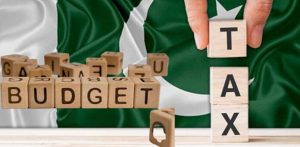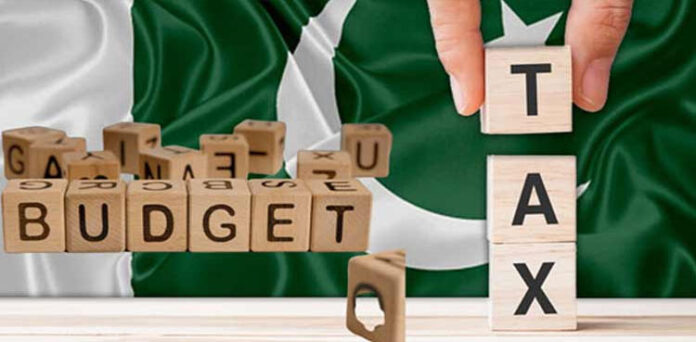On Tuesday, June 10, Pakistan will present its Rs 17.6 trillion federal budget for the fiscal year 2025-26 amidst high inflationary pressures, increasing debt levels, and ongoing negotiations with the International Monetary Fund (IMF) over a $3 billion Standby Arrangement (SBA) loan program.
Today (Monday), at 2:30 PM, Finance Minister Muhammad Aurangzeb will unveil the National Economic Survey which establishes the basis for the government’s economic policy, prior to the official budget announcement.
According to official sources, the government has estimated revenue collection of Rs 19.4 trillion, while the Federal Board of Revenue (FBR) has established a tax collection target of Rs 14.13 trillion.
Key Spending and Deficit Targets
Pakistan will spend Rs6.2 trillion on debt servicing—exemplifying once more the country’s dependence on domestic and foreign loans. This number notwithstanding, the budget deficit targets have not changed from last year’s which is a fine balancing act.
In an attempt to ease some of the burden from rising costs of living, the government is offering a 10% salary increase to civil servants. Public sector retirees may expect a 5% to 7.5% pension increase.
Boosts in Defense, Health, Education, and IT
The defense budget is projected to increase by 18%, responding to inflation and regional security concerns. For development spending the government plans to spend Rs13.58 billion on education Rs14.3 billion on healthcare, and Rs16.22 billion on the digital economy and IT sector. All of this shows a clear impetus toward modernization and youth employment.
Economic Targets Missed Despite Improvement
Initial reports indicate that the government missed multiple economic targets, even if it showed improvement year-over-year. GDP growth reached only 2.7%, well below the target of 3.6%. Inflation was 5%, significantly less than the target of 12%.
For agriculture, growth was 0.6% against a target of 2%. Key crops including cotton, maize, sugarcane, wheat, and rice had large declines in production.
The industrial sector managed to exceed its target, at 4.8% growth. Electricity, gas, and water grew significantly beyond target at 28.9%.
The National Assembly will begin discussions on the federal budget on June 13 and end discussions on June 27. Any changes will need to be approved by Speaker Sardar Ayaz Sadiq.

